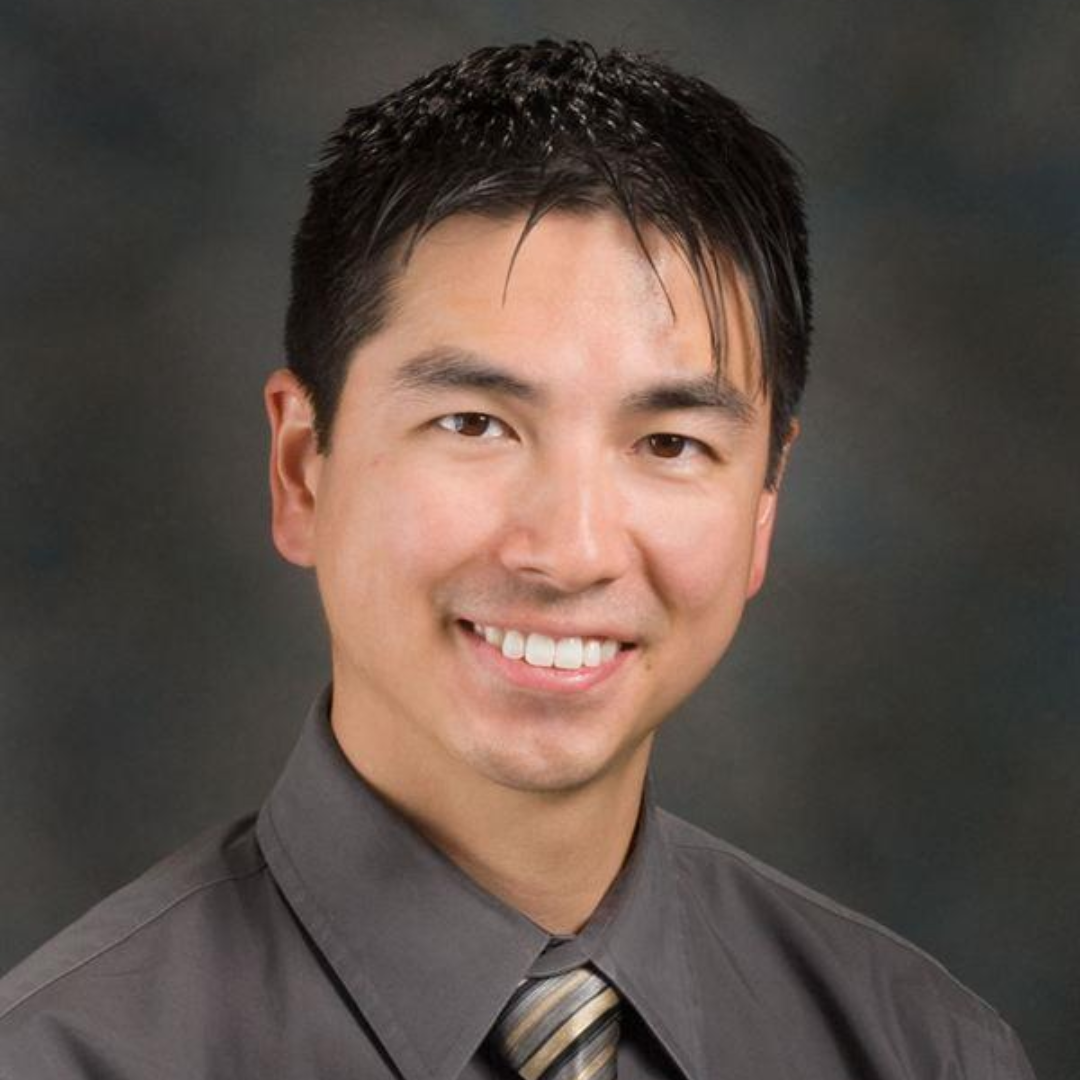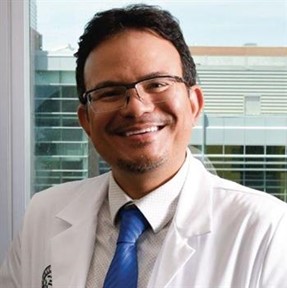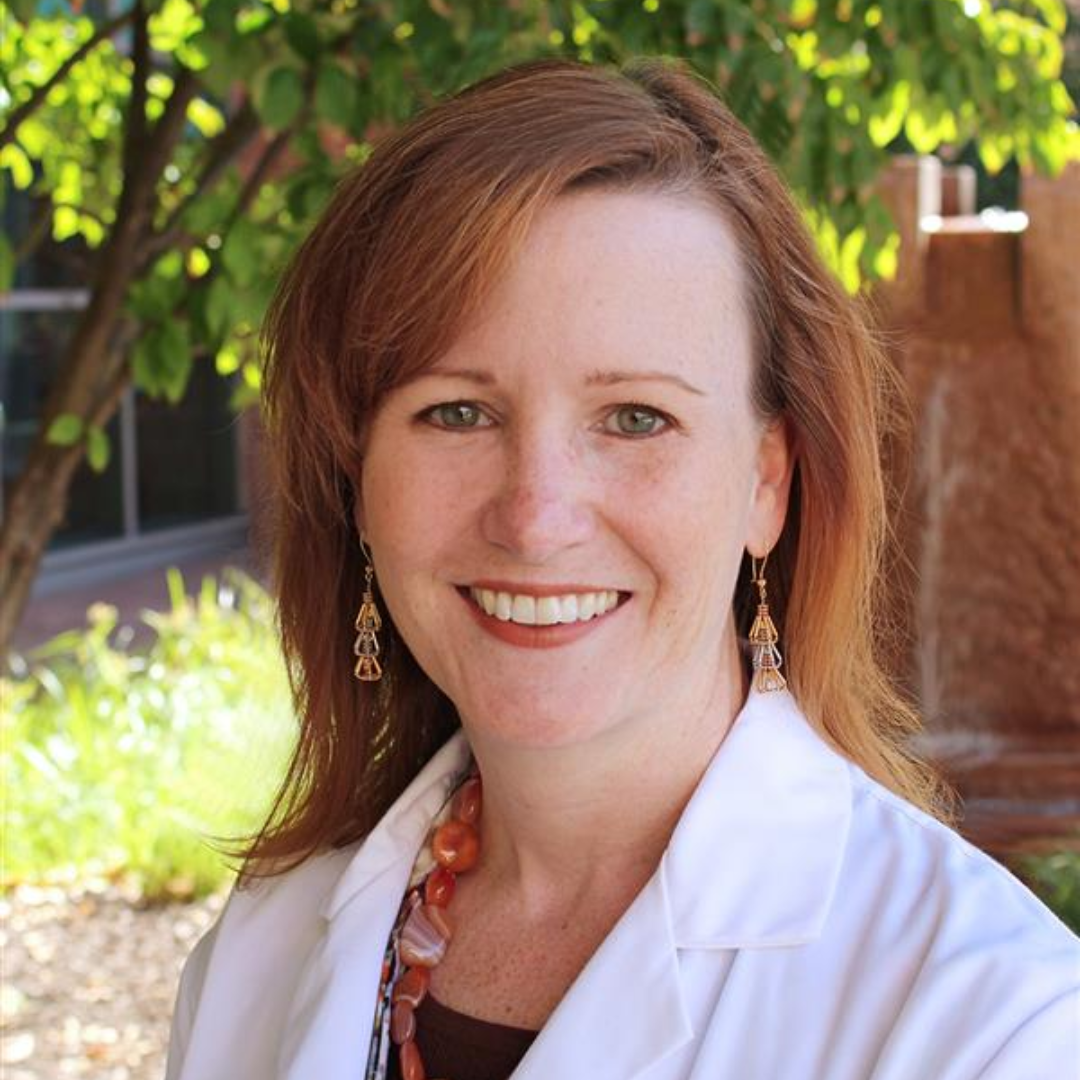medical oncology newsroom
.png?sfvrsn=30b2dfbb_1)
Increasing Diversity Enrollment in Clinical Trials
Diverse clinical-trial participation means better science, different groups of people may respond to a given medication in different ways including efficacy and side effects. When certain populations are underrepresented in medical research, the result can be further health disparities.
.png?sfvrsn=a2b2dfbb_1)
Hope Has a Face, Celebrating Lung Cancer Survivors
On May 11, survivors of lung cancer for five years or more gathered on the CU Anschutz Medical Campus with clinicians, researchers, and staff members in the CU Thoracic Oncology Program to celebrate with other survivors.
.png?sfvrsn=6936debb_1)
What Ancestry Can Reveal About Breast Cancer Risk
All women need to pay attention to their risk factors for breast cancer and ovarian cancer, but women of Eastern European (Ashkenazi) Jewish ancestry should be especially vigilant as their risk for having a genetic variant is increased, predisposing them to developing hereditary breast and ovarian cancer.
.png?sfvrsn=4145ddbb_1)
CU Cancer Center’s First Assistant Director for Global Oncology
For Enrique Soto Pérez de Celis, treating cancer globally starts with treating cancer locally. It’s all part of Dr. Soto’s approach to treating and researching cancer on a global scale, which looks a little different than it does at similar programs at other cancer centers in the U.S.
.png?sfvrsn=19c8d3bb_1)
Navigating Mental Health Around Cancer Diagnosis
Dr. Erin Baurle details the benefits of oncology counseling in helping patients with diagnosis disclosure and how to replace that familiar phrase of “let me know if you need anything” when offering to help a loved one with cancer.
.png?sfvrsn=5bc1d4bb_1)
Studying the Power of Therapy Resistance
With support from a $3.3 million federal grant Virginia Borges, MD, and Traci Lyons, PhD, will investigate how a molecule they’ve been studying for a decade is able to promote resistance to therapies for a major type of breast cancer in the hopes of determining how to switch off the molecule’s harmful interference.

Exciting Updates for Bladder Cancer Treatment
At this years annual NCCN Conference in Orlando Dr. Flaig was excited to share the effectiveness of enfortumab vedotin, a new antibody drug conjugate that targets a particular or a bladder cancer cell and then delivers chemotherapy directly to that cell.

Rise in Colon Cancer Among Younger Populations
According to Dr. Chris Lieu, colon cancer is becoming the number one cancer-related issue in younger populations, with The American Cancer Society expecting more than 150,000 people to be diagnosed with colorectal cancer in 2024.

How a Passion for Research Can Improve Patient Care
Dr. Baiyee discusses how her love of research has not only allowed her to improve patient care but also advance medicine. "It’s not just about taking care of patients, as far as their disease, but more holistically. My goal is to make this really, really hard experience as tolerable as possible and to offer them all the support we have"

Research Seeks Enhance Cellular Immunotherapy
Dr. Davila was recently awarded the Anschutz Acceleration Initiative Grant, he sits down to discuss his aim to enhance all forms of cellular immunotherapy has been awarded the Anschutz Acceleration Initiative Grant.

Discussing the Merits of Second Opinions with Dr. Messersmith
Dr. Messersmith discusses the ways in which a second opinion can boost patient confidence in the diagnosis and treatment recommendations.

TORI; Advancing Cancer Research Through Collaboration
The Thoracic Oncology Research Initiative (TORI), led by Dr. Sharon Pine, brings together investigators from multiple departments and centers across the CU Anschutz Medical Campus to advance lung cancer research.